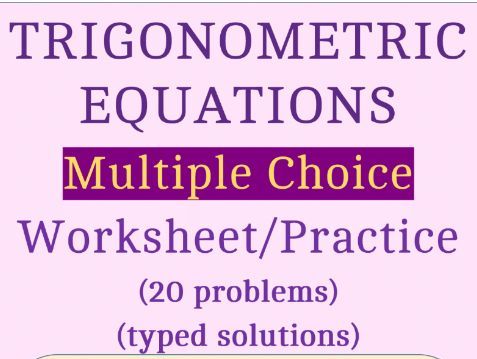Nikimath's Shop
Hello teachers friends! My name is Niki.I have been teaching mathematics for over 20 years. My subjects are Algebra through Calculus 3 along with Geometry, Trig and Differential Equations. My passion is to create engaging fun and rigorous math resources of high quality for teachers and students. My products include partner and group activities, matching and sorting activities, multiple-choice games, rigorous worksheets & lessons, challenging independent practice, homework assignments, etc.





















